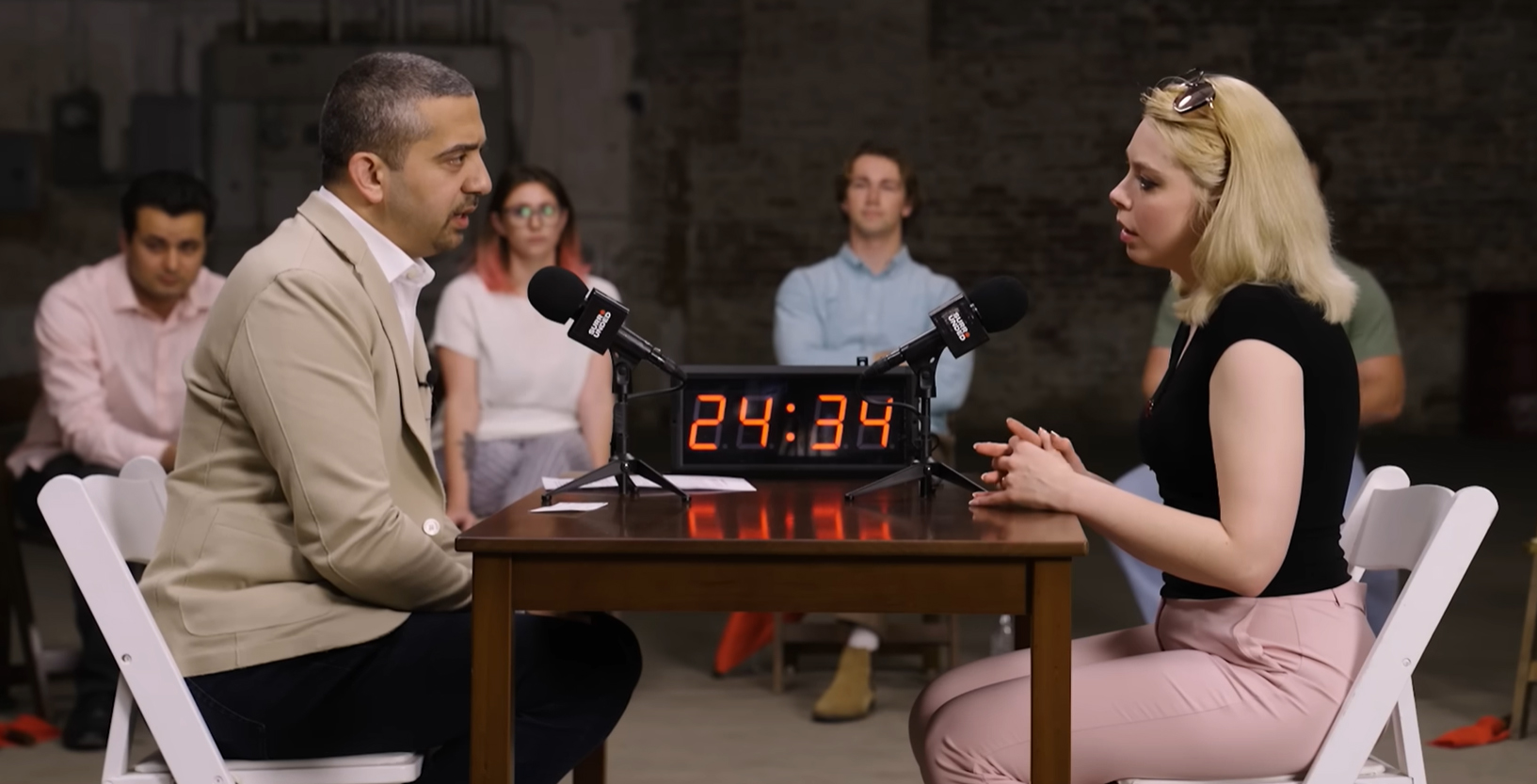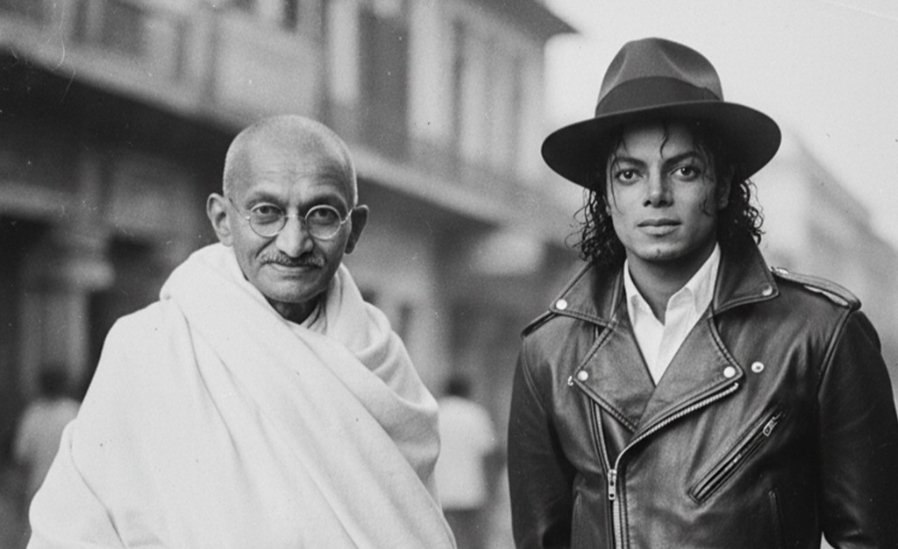
In 1992, Harold Pinter talked to Index on Censorship editor Andrew Graham-Yooll about his struggle to publish ‘obscene words to describe obscene acts and obscene attitudes’. Indexoncensorship.org here reproduces the article.
American Football
(a reflection upon the Gulf War)
Hallelujah!
It works.
We blew the shit out of them
We blew the shit right back up their
own ass
It works.
We blew the shit out of them.
They suffocated in their own shit!
Hallelujah.
Praise the Lord for all good things.
We blew them into fucking shit.
They are eating it.
Praise the Lord for all good things.
We blew their balls into shards of dust,
Into shards of fucking dust.
We did it
Now I want you to come over here and
kiss me on the mouth.
Harold Pinter
August 1991
I started to write this poem on the plane going to the Edinburgh Festival in August 1991. I had a rough draft by the time we landed in Edinburgh. It sprang from the triumphalism, the machismo, the victory parades, that were very much in evidence at the time. So that is the reason for ‘We blew the shit out of them.’ The first place I sent it to was the London Review of Books. I received a very odd letter, which said, in sum, that the poem had considerable force, but it was for that very reason that they were not able to publish it. But the letter went on to make the extraordinary assertion that the paper shared my views about the USA’s role in the world. So I wrote back. ‘The paper shares my views, does it? I’d keep that to myself if I were you, chum,’ I said. I was very pleased with the use of the word ‘chum’.
So I sent it to the Guardian and the then literary editor came on the telephone to me and said, ‘Oh dear.’ He said, ‘Harold, this is really… You’ve given me a very bad headache with this one.’ He said, ‘I’m entirely behind you myself, speaking personally.’ This is my memory of the telephone conversation. ‘But,’ he said, ‘you know I don’t think… Oooh, I think we’re in for real trouble if we try to publish it in the Guardian.’ Really, I asked innocently, why is that?
He said, ‘Well, you know, Harold, we are a family newspaper.’ Those words were actually said. ‘Oh, I’m sorry,’ I said, ‘I was under the impression you were a serious newspaper.’ And he said, ‘Well, yes, we’re also a serious newspaper, of course. Nevertheless things have changed a bit in the Guardian over the last few years.’
I suggested he talk to some of his colleagues and come back to me in a couple of days. Because, I said, ‘I do believe the Guardian has a responsibility to publish serious work, seriously considered work, which I believe this to be. Although it is very hot, I also think it is steely. Hot steel…’
He called me in two days and said ‘Harold, I’m terrible sorry, I can’t publish it.’ He more or less said, It’s more than my job’s worth. So that was the Guardian. I then sent it to the Observer…
Which has published your poems previously…
Oh yes, the Guardian has published me in the past, too… As, incidentally, has the Independent. The Observer was the most complex and fascinating web that I actually ran into. I sent the poem not to the literary editor, but to the editor himself.
A couple of days later, he called me and said that he though it should be published. He thought it was very testing. Probably going to be quite a lot of flack, he said. But he thought it should be published, not on the literary pages, but on the leader page. It was a truly political poem, he said. So I was delighted to hear that. He’d send me a proof, which he did.
The next Sunday nothing happened. And then the following Sunday nothing happened. So I called the editor. He said, ‘Oh dear, Harold, I’m afraid that I’ve run into one of two problems with your poem.’ I asked what they were. ‘In short, my colleagues don’t want me to publish it.’ Why not? He said, ‘They’re telling me we are going to lose lots of readers.’ I asked, Do you really believe that? Anyway, we had a quite amiable chat. He said, ‘I want to publish it but I seem to be more or less alone.’ I then said, Look, the Observer, as a serious newspaper, has in fact published quite recently an account of what the US tanks actually did in the desert. The tanks had bulldozers, and during the ground attack they were used as sweepers. They buried, as far as we know, an untold number of Iraqis alive. This was reported by your newspaper as a fact and it was a horrific and obscene fact. My poem actually says, ‘They suffocated in their own shit’. It is obscene, but it is referring to obscene facts.
He said, ‘Absolutely right. Look, I want to publish the poem. But I’m running into all sorts of resistance. The trouble is the language, it’s the obscene language. People get very offended by this and that’s why they think we are going to lose readers.’ I then sent the editor of the Observer a short fax, in which I quoted myself when I was at the US Embassy in Ankara in March 1985 with Arthur Miller. I had a chat with the ambassador about torture in Turkish prisons. He told me that I didn’t appreciate the realities of the situation vis-à-vis the Communist threat, the military reality, the diplomatic reality, the strategic reality, and so on.
I said the reality I was referring to was that of electric current on your genitals. Whereupon the ambassador said, ‘Sir, you are a guest in my house,’ and turned away. I left the house.
The point I was making to the editor of the Observer was that the ambassador found great offence in the word genitals. But the reality of the situation, the actual reality of electric current on your genitals, was a matter of no concern to him. It was the use of the word that was offensive, but no the act. I said I was drawing an analogy between the little exchange, and what we were now talking about. The poem uses obscene words to describe obscene acts and obscene attitudes.
But the editor of the Observer wrote to me and said he couldn’t publish, with great regret. ‘I’ve been giving serious thought to publication of your poem on the Gulf War. As you know, my first instinct was in favour, despite warnings by senior colleagues that many readers would be offended… I admit to having cold feet.’ Recently an Observer columnist spoke of his paper’s rejection of the poem and referred to his editor’s concern ‘for it’s shortcoming as a piece of verse’. This was not of course true. The editor showed no such concern –– to me, at least.
I then sent the poem to the literary editor of the Independent, saying I hadn’t sent it to him in the first place because I did not think the Independent would publish it. But now that everybody had turned it down, the London Review of Books, the Guardian and the Observer, perhaps I was wrong about the Independent! To cut a long story very short, the literary editor wanted to publish it but he felt he had to show it to the editor. The editor sat on it for a few days and then made no comment except to say the Independent was not going to publish the poem. And I’ve never had any explanation. It was simply. No.
The London Review of Books’ letter was dated 24 September 1991; the Guardian‘s rejection came in a conversation on the telephone at the beginning of October. The letter from the editor of the Observer was dated 6 November, and that from the Independent was dated 9 December.
In conversation earlier, you said you would rather not write down the record of this poem yourself, because it would sound as if you were whingeing. But there is an issue here beyond the complaint of the rejected poet. This poem has been dropped by the mainstream press, who would normally have snapped up anything written by Harold Pinter.
I did, incidentally, send it to the New York Review of Books, just as a laugh. The editor thanked me warmly for sending the poem, but said he was afraid they couldn’t use it. So I finally did not waste any more time. I heard that a magazine called Bomb, a very well-produced publication in the West Village, might be interested, and indeed they published the poem.
It was also finally published in Britain, in January 1992, by a new newspaper called Socialist, with a limited circulation. But as far as national newspapers go, in Holland it was published in one of the main Dutch dailies, Handelsblad –– in no uncertain terms, too, with an article about the rejection in England, written by the editor. And it was published in Bulgaria, Greece and Finland.
It is interesting, isn’t it? At a time when papers are not too troubled about the severity of the language, when it is about the body, scatological, sexual or whatever. We have overcome the years when you had to put a series of dots in place of an ‘F’ word. Yet the objection to your poem was justified in your use of some strong words.
This may be because it is a formed piece of work, and perhaps that is where its strength lies. It is a deliberate piece of work. So it alarms more. I’d like to say, as the poet, that I regard it as a very ugly poem. It is necessarily ugly. Its reference is to the grossest ugliness.
But nobody ever said, ‘We don’t think this poem is good enough. It is not a successful piece of work.’ Nobody has actually said that.
I feel particularly sensitive about the language. I am the editor of Index on Censorship responsible for losing Index an annual grant of £7,000. Somebody objected to the word ‘cunt’ in an article in our special issue on women, Breaking the silence (9/1990). I thought the word, though strong, was in context. However, although I do not know the exact details, one funding organisation obviously took exception.
I wonder what would happen if your poem were to be re-submitted now, as an exercise. People and editors change, and their opinions and reactions change. Perhaps it would be an exercise worth pursuing… The reactions seem to be so final for the wrong reasons: ‘family paper’ or ‘offending readers’…
Oh no. I have no intention of re-submitting it –– or anything else –– to any of these newspapers. Unless I decide to write nursery rhymes.
At a time when we have become far more accustomed to strong language in print, it is almost amusing to find sensitivities expressed in this way. Perhaps it reflects this very peculiar political period we are living it. There is a rather coy and false reaction to matters and events, which are ‘strong’ in themselves. Brutal language is shunned as a way of avoiding brutal issues.
I think that is a valid conclusion to be drawn. It was well known and has been often asserted that the sanitisation of the Gulf War was palpable. The actual nature of the horror was hardly ever aired, or seen on TV. Such a thing as this poem, for me, is about opening a curtain which man people would prefer to see remain closed. And it is in the interests of governments that that curtain, that veil, is forever drawn over the nature of reality.
Every war has its share of blood and dripping guts, and bodies blown to pieces, but barring one photo published by the Observer, as it happens, of a carbonised figure above a tank, this war had no dripping guts.
None of it then, and none it wanted as a reminder now. You can trace a history of the present state of affairs to a series of events throughout the 1980s, which I am quite clear about. I’m talking of the US invasion of Grenada in 1983, the ‘low intensity’ was against Nicaragua, the invasion of Panama in 1989, followed by the gulf War. I do believe this is what I represent in the last line of the poem: ‘Now I want you to come over here and kiss me on the mouth.’ It refers to who is the boss, who is in charge, who is the master.
But the behaviour of the media is crucial in all this. It has been confirmed that the number of deaths in Panama approached 4,000. But at the time the media talked in hundreds.
Do you remember the revolution in Romania in 1989? The TV was full of statements saying 80,000 people had been killed, especially around Timisoara. The true figure, as I understand it, is about 1,000.
So we are really talking about a controlled media. What the Western media actually does is blow up or exaggerate certain facts in its own interests –– or in its government’s interests –– and ignore and suppress other facts. The dead in Iraq and the continuing deaths in Iraq are hardly front page news.
*Index on Censorship, Vol. 21 No. 5 May 1992, p.2-3.












